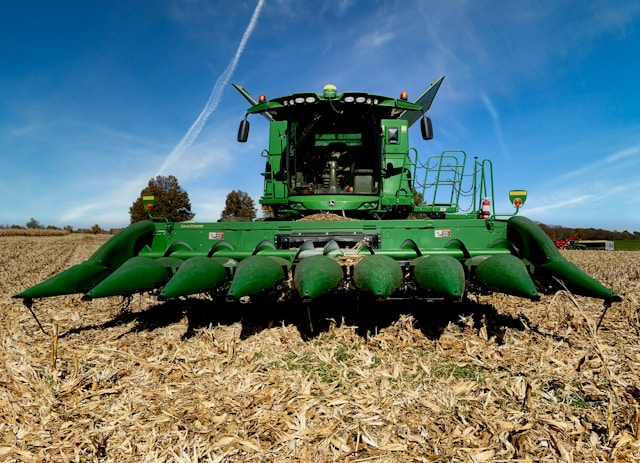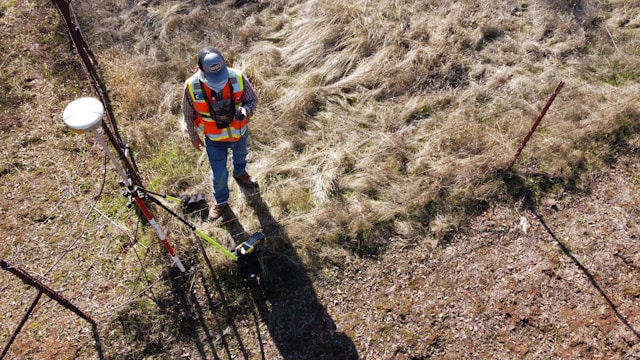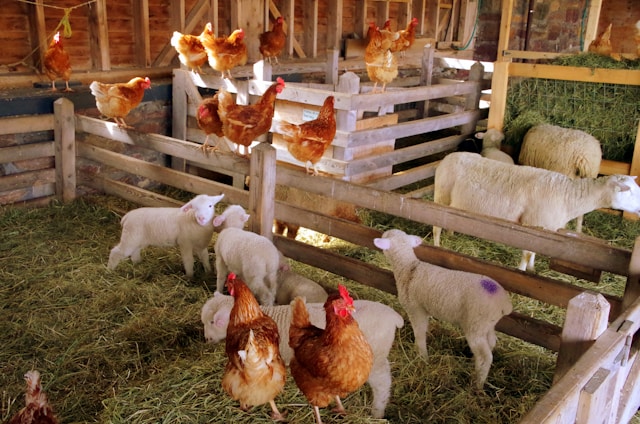In the dynamic landscape of modern agriculture, the role of farming equipment has evolved significantly, revolutionizing the way farmers cultivate crops and raise livestock. From advanced machinery to cutting-edge technology, the right equipment can make a substantial difference in farm productivity, efficiency, and sustainability. In this blog post, we’ll explore the diverse range of farming equipment available to farmers today, along with the benefits they offer to the agricultural industry.

1. Tractors: Powering Agricultural Operations
Tractors stand as the workhorses of modern agriculture, providing the power and versatility needed to perform a wide range of tasks on the farm. From plowing and planting to harvesting and hauling, tractors equipped with various implements streamline agricultural operations, saving time and labor. With advancements in technology, today’s tractors are equipped with GPS guidance systems, automated steering, and precision farming capabilities, optimizing efficiency and minimizing input costs.

2. Harvesting Equipment: Maximizing Yield and Quality
Harvesting equipment plays a crucial role in maximizing crop yield and quality while minimizing losses during the harvesting process. Combines, for example, are essential for harvesting grains such as wheat, corn, and soybeans efficiently. These machines feature advanced threshing and separating mechanisms, enabling farmers to harvest large areas quickly and effectively. Other harvesting equipment includes specialized machines for fruits, vegetables, and forage crops, each designed to ensure optimal harvesting results while reducing waste.

3. Irrigation Systems: Ensuring Water Efficiency
In regions where water availability is limited, irrigation systems play a vital role in ensuring crop productivity and sustainability. From center pivot systems to drip irrigation, modern irrigation technologies deliver water precisely where and when it’s needed, minimizing water waste and maximizing crop yields. Additionally, smart irrigation systems equipped with sensors and automation technology optimize water usage based on real-time weather and soil conditions, further enhancing water efficiency and resource conservation.

4. Precision Farming Technology: Enhancing Decision-Making
Precision farming technology encompasses a wide range of tools and systems designed to optimize agricultural practices through data-driven decision-making. GPS guidance systems, for instance, enable farmers to precisely navigate fields and implement inputs with accuracy, reducing overlaps and minimizing input waste. Furthermore, drones and satellite imagery provide valuable insights into crop health, soil conditions, and pest infestations, allowing farmers to make informed decisions regarding irrigation, fertilization, and pest management.

5. Livestock Handling Equipment: Improving Animal Welfare
Livestock handling equipment plays a critical role in ensuring the welfare of farm animals while optimizing efficiency in livestock operations. From cattle chutes and sorting gates to automated feeding systems, these tools enable farmers to manage and care for their animals effectively. Additionally, advanced monitoring systems and wearable devices provide real-time data on animal health, behavior, and performance, allowing farmers to detect issues early and intervene promptly.
By investing in modern farming equipment and embracing technological advancements, farmers can increase productivity, reduce environmental impact, and ensure the long-term sustainability of agricultural operations. As the agricultural industry continues to evolve, the adoption of innovative equipment and practices will remain essential for meeting the growing demands of a global population while preserving natural resources for future generations.





